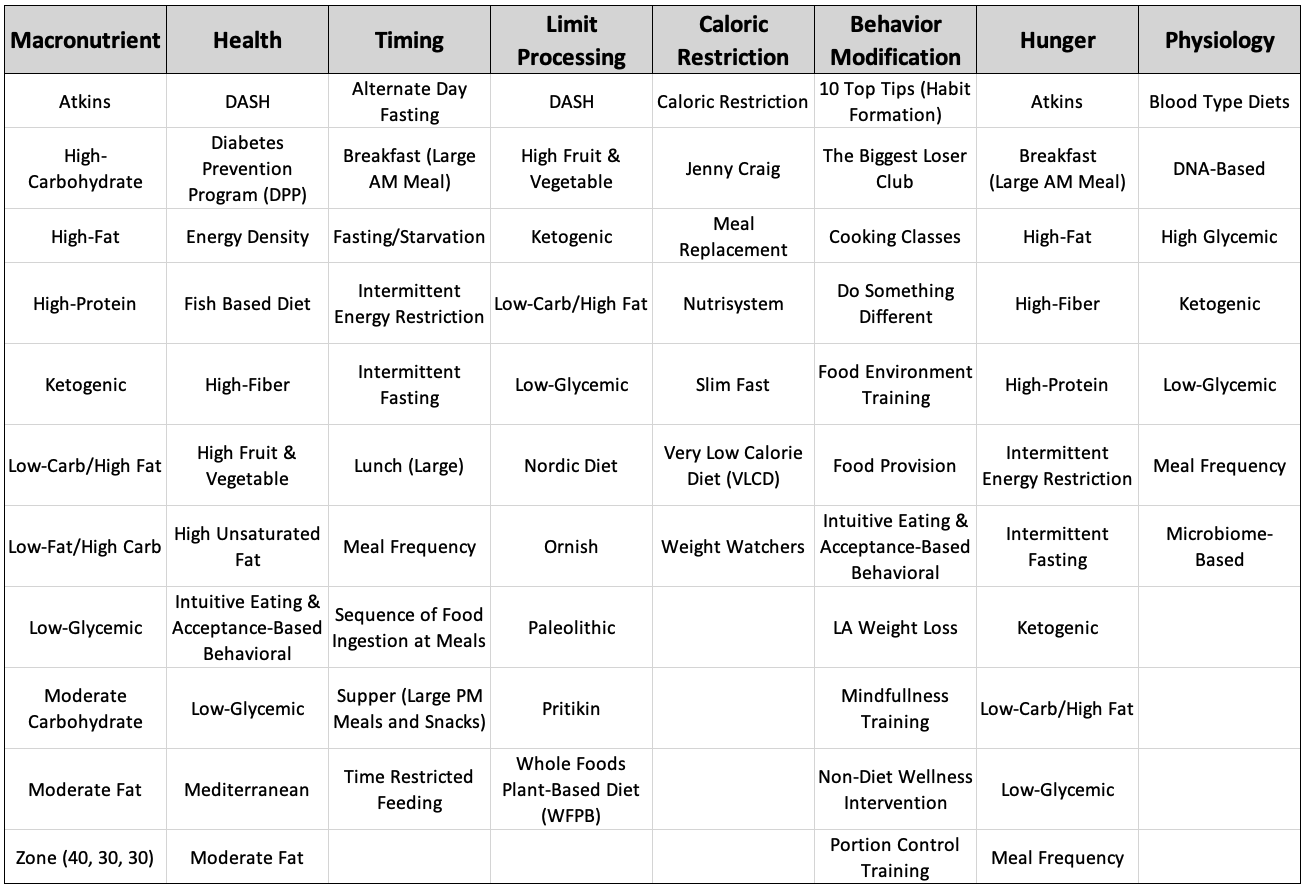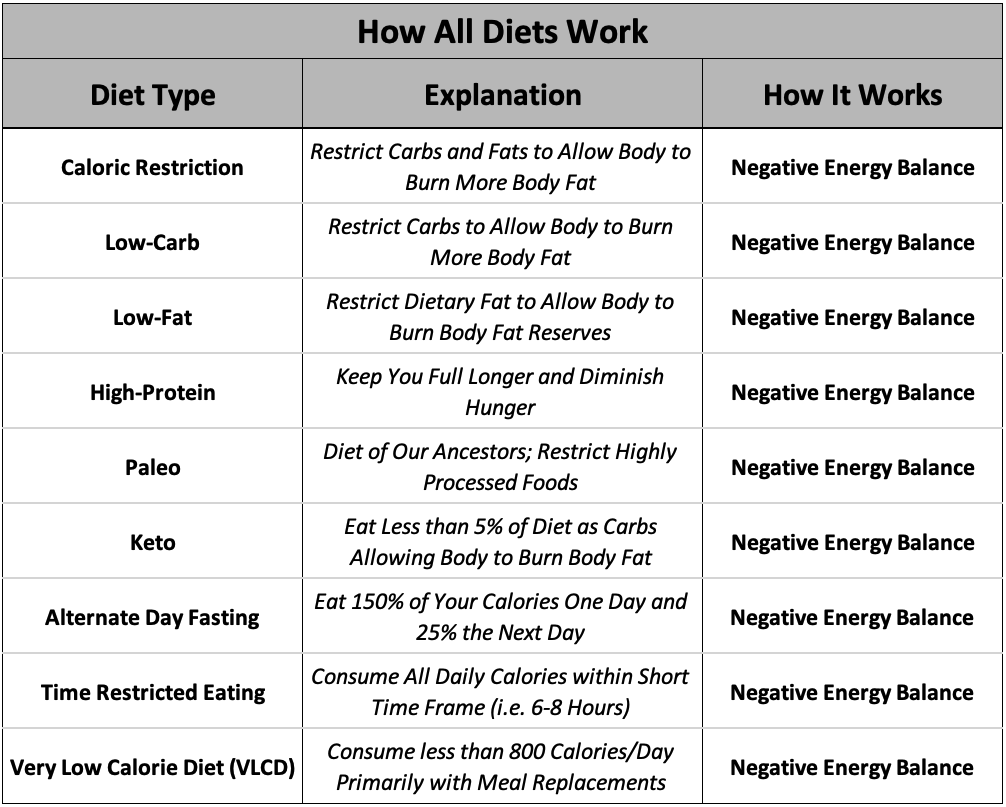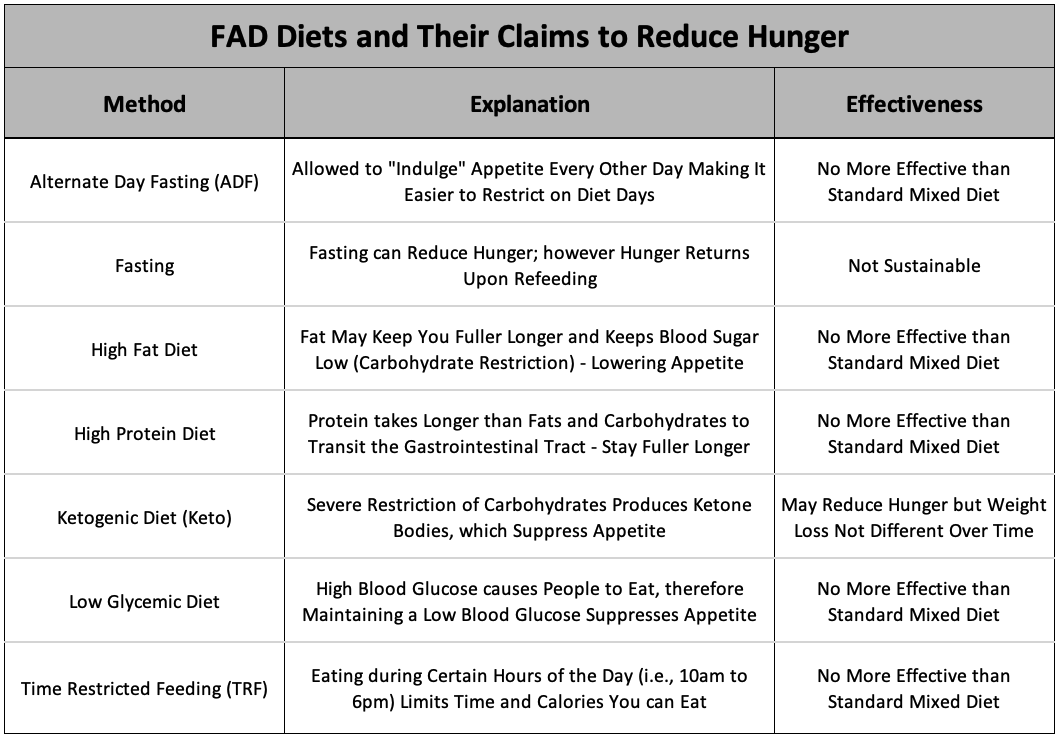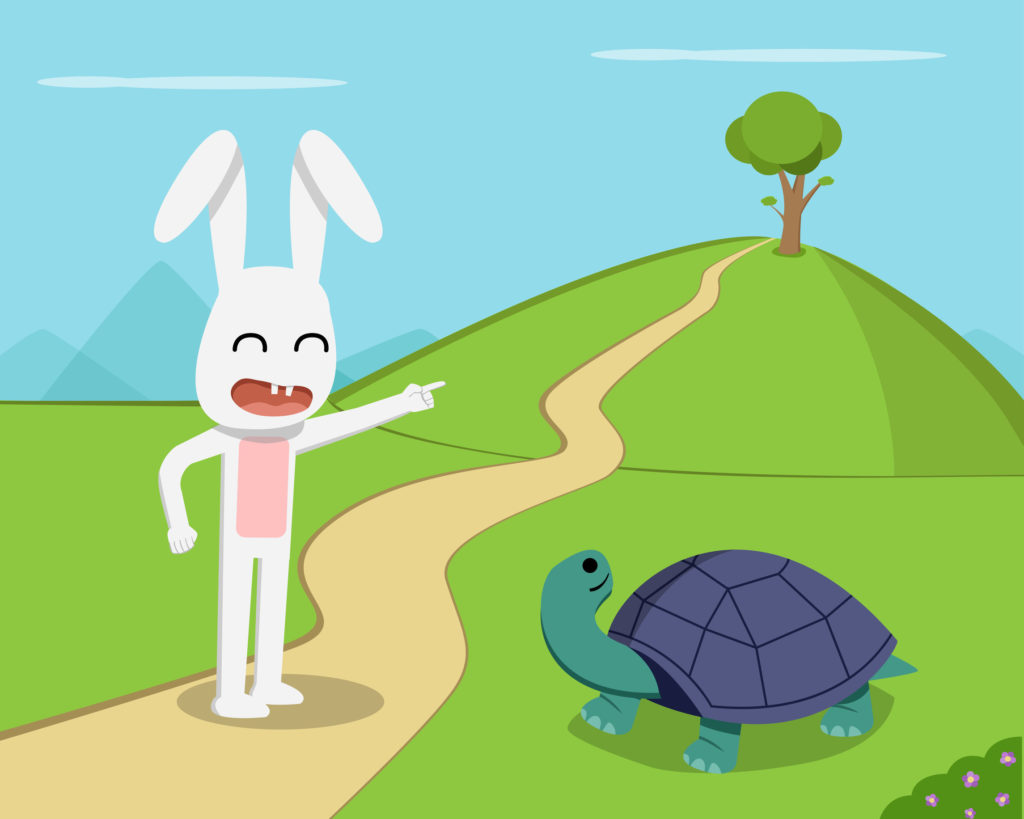Will AI Replace Dietitians?

Artificial Intelligence (AI) is a super disruptive force capable of replacing or eliminating hundreds of thousands of white-collar jobs. By now I’m sure you’ve probably heard that AI can write college essays, help you plan a trip, write an amazing business plan, and pass the board exam to become a lawyer in the 90th percentile. If it can do all of that, surely it could replace a dietitian, right?
Dietetics is a very diverse field with many disciplines. Since I am interested in weight management, I will keep my discussion there.
To start with, what exactly is the job of a weight loss dietitian and what value do they provide? At the most basic level they tell people what to eat (diet type), why to eat it (rationale), and how exactly to do it (behavior modification).
What to Eat (Diet Type)
If a client wants to lose weight the dietitian helps them meal plan to incur a negative energy balance. Most classically trained dietitians will provide a calorically restricted meal plan (mainly constricting fats and carbs on a low fat, moderate carbohydrate diet). Others might deviate from dogma into high protein, Paleo, Mediterranean or some other diet type. There’s no shortage of options as there are at least 75 different diet types that have been scientifically studied for weight loss (table 1).

Table 1. All Diet Types Fit into One of Eight Categories. There are at least 75 different diet types/plans that have been scientifically studied. Many diet types will cross over into multiple categories (not shown here). I apologize for the miniature font, I wanted to list all of the diets into one table for illustrative purposes (even then, not all are listed here). For larger font, please click here.
Why to Eat It (Rationale)
Nutrition is supposed to be about science, and to a large degree it is. But it is also very much about storytelling and marketing. If there was a “best” diet for losing weight, then that diet would win out and everyone would be on it. But there isn’t a “best” diet to lose weight, not even based on an individual’s genetics or life circumstance.
According to the laws of thermodynamics a calorie is a calorie is a calorie (I’m paraphrasing a bit here for simplicity). That is, a fat calorie is no different from a protein or carbohydrate calorie and vice versa. They are all the same. The only difference is how you get to that negative energy balance (table 2).

Table 2. How All Diets Work. Answer, a negative energy balance.
Fat contains more calories per gram than protein or carbohydrate; therefore, for a given amount of food, fat calories add up much faster (over twice as fast). So, it makes since to limit your fat intake (low-fat diet). However, our food environment has been flooded with cheap carbohydrate and too many calories. So, diets were designed to limit carbohydrate and focus on fat and/or protein (low-carb, high-fat, or high-protein).
The Paleo diet is the unprocessed “natural” way of eating based on what our ancestors likely consumed, and the Ketogenic diet (ketones produced in keto diet) may have some appetite suppressing abilities. Alternate-day-fasting and time-restricted feeding mimic the feast and famine of our hunter-gatherer ancestors and it could be said that good old very low-calorie diets (VLCD) are just a hard-core way of losing weight fast and inflicting discomfort upon a person. There are tons of ways to lose weight, each with its own fans and compelling narratives of why “it” is the diet you should choose.
How Exactly to Do It (Behavior Modification)
Diet, exercise, and behavior modification. If you aren’t doing at least those three, I don’t know what kind of weight loss program you have. Behavior modification (some call it mindset) is about helping a client with tips, tricks, strategies, action plans, and meal plans to overcome their obstacles/barriers/challenges to restricting their calories and following their meal plans.
Most dietitians have their “way” or “system” of helping people stick to their plan. For the fad diet afficionados, their diet is typically meant to somehow trick your physiology (i.e., reduce hunger, boost your metabolism) or simply reduce your food options/variety (there aren’t that many foods allowed on Keto). Below is a list of fad diets and their claims to reduce hunger (table 3).

Table 3. Fad Diets and Their Claims to Reduce Hunger. Even if they do reduce hunger, they are no more effective than traditional caloric restriction (low calorie diet or very low-calorie diet) six months after the start of the diet.
Most dietitians also will work with their clients on meal planning, grocery shopping, cooking skills, recipes, meal/ingredient substitutions, portion control, calorie counting, and a whole host of other common obstacles.
Can AI Do What a Dietitian Does?
Can AI be trained to tell people what to eat (diet type), why to eat it (rationale), and how exactly to do it (behavior modification)? Based on my limited understanding of AI, AI is created using large language models. To create an AI, you must feed (train) it reams and reams and reams of information (it’s been explained to me that they have it read the entire internet). AI basically “knows” everything and can draw from that information.
Just as a person, the AI is only as good as the information you feed it. There is widespread disagreement on the internet about how to lose weight – not surprising. If you fed AI the internet on how to lose weight you would get complete and utter nonsense. Ok, but what about scientific literature? That’s light years better but there’s still a fair amount of disagreement and no one diet is clearly superior to another. How then, is AI going to pick a diet type if there are no clear favorites?
Humans (dietitians) pick a diet type for their clients based on their experience, the client’s preference, and understanding of the scientific literature. AI can definitely do that. And as for the background/rationale for why AI picked a particular diet type. That will be easy for it.
But what about behavior modification, doesn’t that require a human touch (empathy)? There is a relationship built between dietitian (coach) and client. In many respects dietitians (and health coaches or personal trainers) are not only nutrition coaches but also friends and therapists. They’re not trained as therapists, but they act as sounding boards for their client’s problems. Would people be receptive to talking about their life problems with AI? It seems that for many people this will require a transition and comfort level with AI that comes with using it in other aspects of their lives as well.
To think about it another way, would a client know the difference between an AI in an online chat box or through a phone call? Does seeing a human face in a Zoom meeting make the advice better? AI could easily generate a face. And how far does personality or accountability help a person lose weight? Of course, you want to like your dietitian, but I haven’t seen any research correlating liking (or hating) your dietitian and weight loss.
Another common problem that both human dietitians and AI will face is helping people identify problems/barriers to their weight loss. Sometimes you just don’t know what you don’t know and it requires probing conversations (or friendly ones) to help figure out what might be holding them back. To a certain degree, it seems like humans may currently have the upper hand in this area.
The Bottom Line
The job of a weight loss dietitian is pretty repetitive. Pick a diet, provide a rationale for choosing that diet, and helping the client adjust his/her behavior (stay accountable) to maintain a negative energy balance to lose weight. Repetitive is the key word here. Repetitive tasks are going to be most at risk of being replaced by AI.
Another work characteristic at risk of AI replacement is pure knowledge work. Most dietitians are not also in home chefs. They provide advice and recommendations but there is not a lot of “hands on” work being done. Unlike say, a personal trainer, there is no physical spotting or re-racking weight.
One could argue that peoples’ lives are very, very unique depending on their jobs, caregiving responsibilities, travel, money, temperament, time, cooking skills, motivation, and the thousands of other traits, characteristics, and circumstances that make each person’s life different. Yet, when it comes down to it, there are only so many circumstances, so many situations, and so many obstacles. If you’ve been a weight loss dietitian for long enough, you’ve seen almost everything. How long is it going to take AI to see everything?
Humans are emotional, irrational actors. Even if you gave them the “perfect” dietary prescription (or even food provision) it is still difficult for them to execute the plan. This is something that takes time, care, nurturing, and problem solving on the part of the client. I think though, that in highly motivated individuals (self-motivated) AI can replace a dietitian. People can lose weight on their own through non-interactive, static, self-help books. AI, from my understanding, will be able to provide you guidance on the fly.
For those individuals who are not highly motivated, I’m not sure that AI or human dietitians can help them. I guess I shouldn’t say highly motivated individuals because it is much more complicated than that. But sometimes there are just too many obstacles in a person’s life and not nearly enough time, energy, and resources.
But I think for the people that want the help and have the time, energy, resources, and motivation, AI can and will replace weight loss dietitians. It’s only a matter of time. That includes me too.





Responses